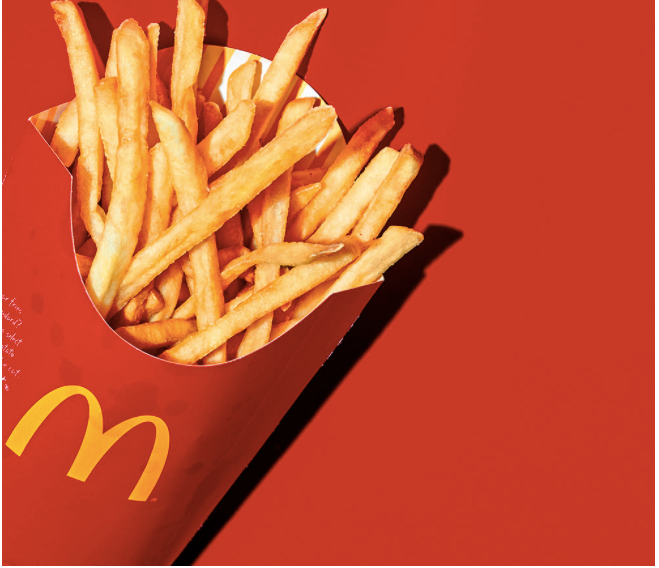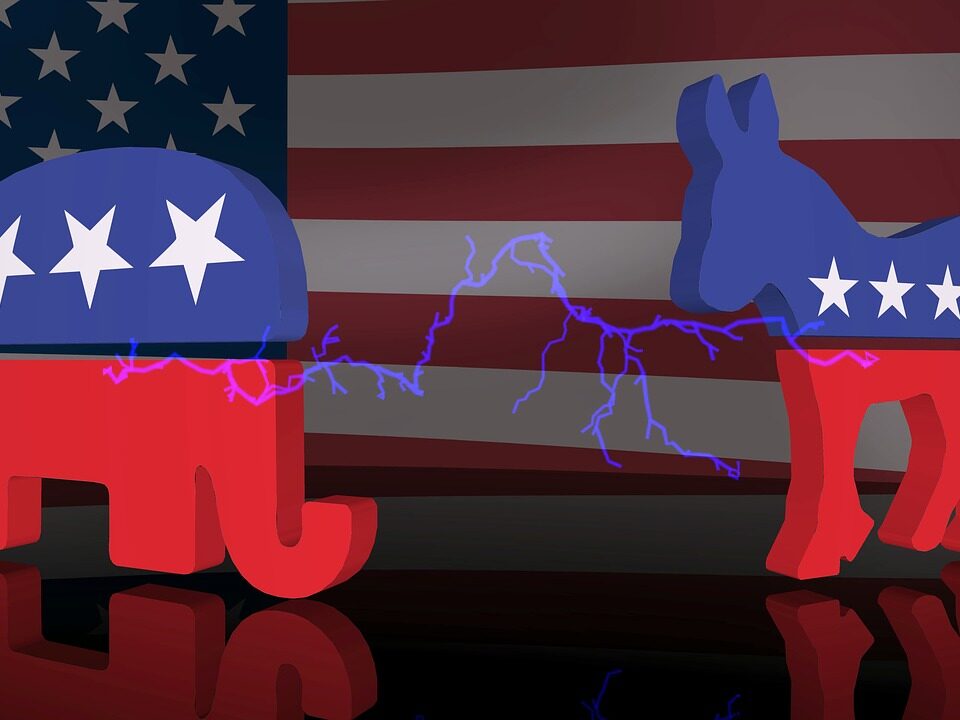
Our Weekly Economic News Roundup: From Market Bubbles to Product Flops
December 28, 2019
Why Prisoners Need Barista Skills
December 30, 2019For those of us who cannot get tickets to a popular show or concert, there always is a reseller like StubHub?
Not necessarily.
Taylor Swift’s Slow Ticketing
Last year, Taylor Swift’s Reputation tour planners wanted sky-high resellers to get less revenue.
Setting aside the worry that loyal fans deserve cheap tickets, they created a menu. At $50-$450, some tickets remained low (and used Verified Fan to outsmart the reseller bots that used to swoop them up). Meanwhile other tickets could go from $500 to $1500 and beyond. Rather like the airlines, certain seats would be dynamically priced, offered initially for high prices but later for less if they did not sell.
Called slow ticketing because there is no first day sell-out, the approach worked. They decimated the proportion of tickets StubHub and other resellers would have gotten for the tour, down from 30 to just 3 percent. Averaging $128.65 apiece in the U.S., Swift sold 2,068,399 tickets, grossing $266.1 million.
The new mantra? “If you sell out quickly, you didn’t price tickets properly.”
Higher Concert Ticket Prices
Taylor Swift was a part of the rising tide of concert ticket prices. Since 2010, they are up 55 percent to an average $94.83 for the top 100 North American Tours.
Some analysts say the increase reflected a shift in revenue. With recording revenue plummeting, the tour became the logical venue for performers to make more money. Furthermore, streaming creates global audiences, ready to see touring performers during a local stop.
And finally, stars like Taylor Swift wanted a bigger piece of a growing pie:
Our Bottom Line: Elasticity
An economist might have responded to higher concert ticket prices with one word:
Elasticity.
Elasticity is the demand concept that recognizes how each of us responds to a change in price. If that response is minimal, then our price elasticity of demand is inelastic. We want that ticket, no matter how much we have to spend. Other fans though are price sensitive. More elastic, their willingness and ability to buy a pricier ticket plunges when cost is up.
Because Taylor Swift’s advisors decided she had fans with inelastic demand, she could increase her prices. So too will many of the other top performers:
My sources and more: WSJ had the up-to-date concert ticket story while Rolling Stone, here and here, and a past econlife had the crucial background details. But if you just want some solid analysis. I recommend this paper.
![econlifelogotrademarkedwebsitelogo[1]](/wp-content/uploads/2024/05/econlifelogotrademarkedwebsitelogo1.png#100878)






